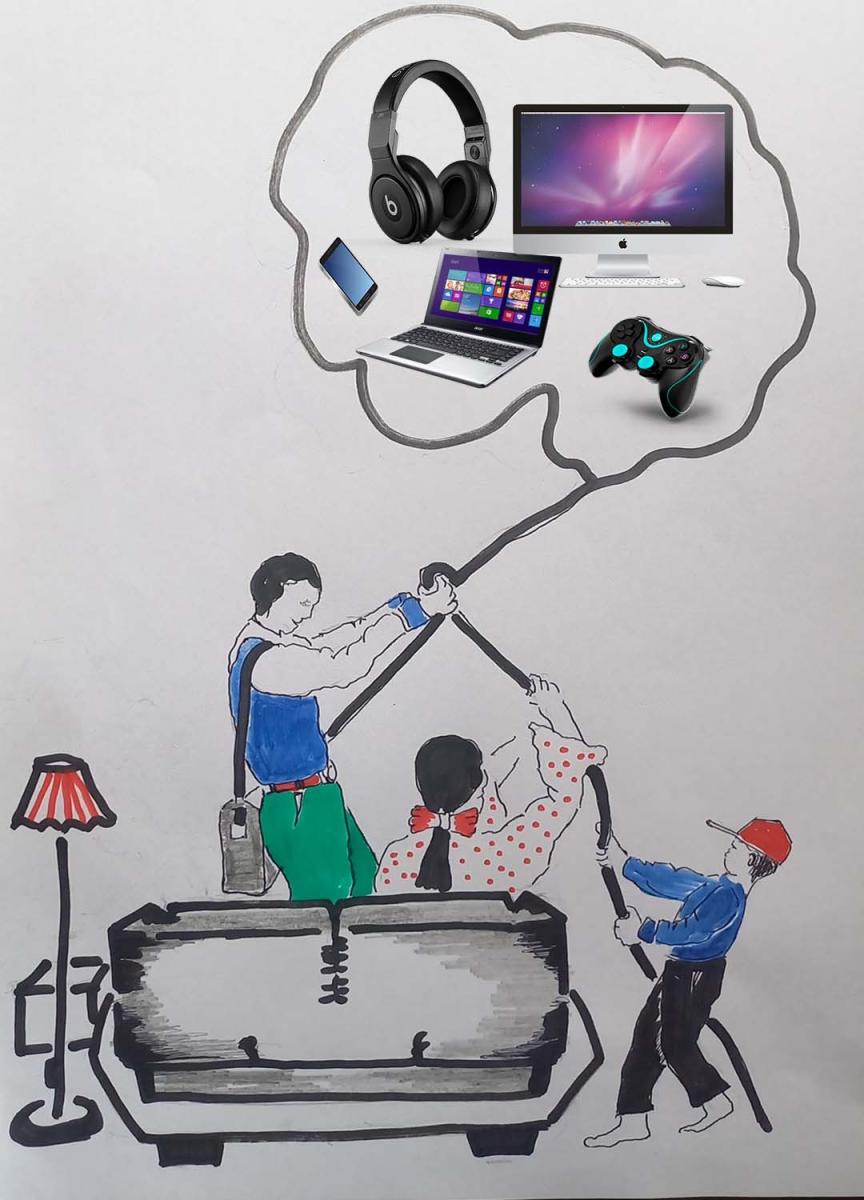WHO IS IN CHARGE? YOU or YOUR DEVICE?
 In today’s world, technology surrounds us. Smartphones, tablets, and computers are our constant companions. While these tools offer convenience, they often blur the line between control and dependence. The question is simple yet crucial: Are you in charge of your device, or is it in charge of you?
In today’s world, technology surrounds us. Smartphones, tablets, and computers are our constant companions. While these tools offer convenience, they often blur the line between control and dependence. The question is simple yet crucial: Are you in charge of your device, or is it in charge of you?
The Subtle Shift of Control
It often starts innocently. You check your phone for a message, then end up scrolling through social media for 30 minutes. Notifications arrive, drawing your attention away from tasks, conversations, or quiet moments. Each ping feels urgent, yet most are not.
Over time, this pattern trains your mind to stay alert for digital interruptions. Your device quietly takes control as you react more and more to its demands.
The Cost of Constant Connectivity
When devices dictate your attention, the cost is high. Meaningful conversations are interrupted. Productivity suffers. Even your mental well-being is affected. Studies show that excessive screen time increases anxiety and reduces focus.
You may feel busy but unproductive, surrounded by information yet disconnected from what truly matters.
How to Regain Control
To take back control, you must become intentional about how you use your device. This doesn’t mean avoiding technology altogether, but changing your relationship with it.
1. Identify Your Triggers
Notice when and why you reach for your phone. Is it boredom, stress, or habit? Recognizing these patterns helps you respond with intention instead of impulse.
2. Set Clear Boundaries
Create “tech-free” zones in your day. For example:
- Avoid screens during meals.
- Set specific times for checking messages.
- Keep devices out of the bedroom for better sleep.
3. Turn Off Non-Essential Notifications
Not every app requires your immediate attention. Disable alerts for social media, games, and other distractions. This reduces interruptions and helps you stay present.
4. Embrace Digital Detox Periods
Take regular breaks from technology. Spend time outdoors, read a book, or connect face-to-face with others. These moments reset your focus and reduce dependency on devices.
5. Reclaim Your Attention
Practice pausing before reacting to your device. When you hear a notification, ask yourself: “Is this urgent?” Delaying your response breaks the cycle of instant reaction and helps you stay in control.
Technology as a Tool, Not a Master
Your device is meant to serve you, not dominate your time and focus. By using technology mindfully, you create space for deeper connections, better productivity, and improved well-being.
Who’s really in charge—your device or you? The answer lies in the choices you make each day.

Add new comment